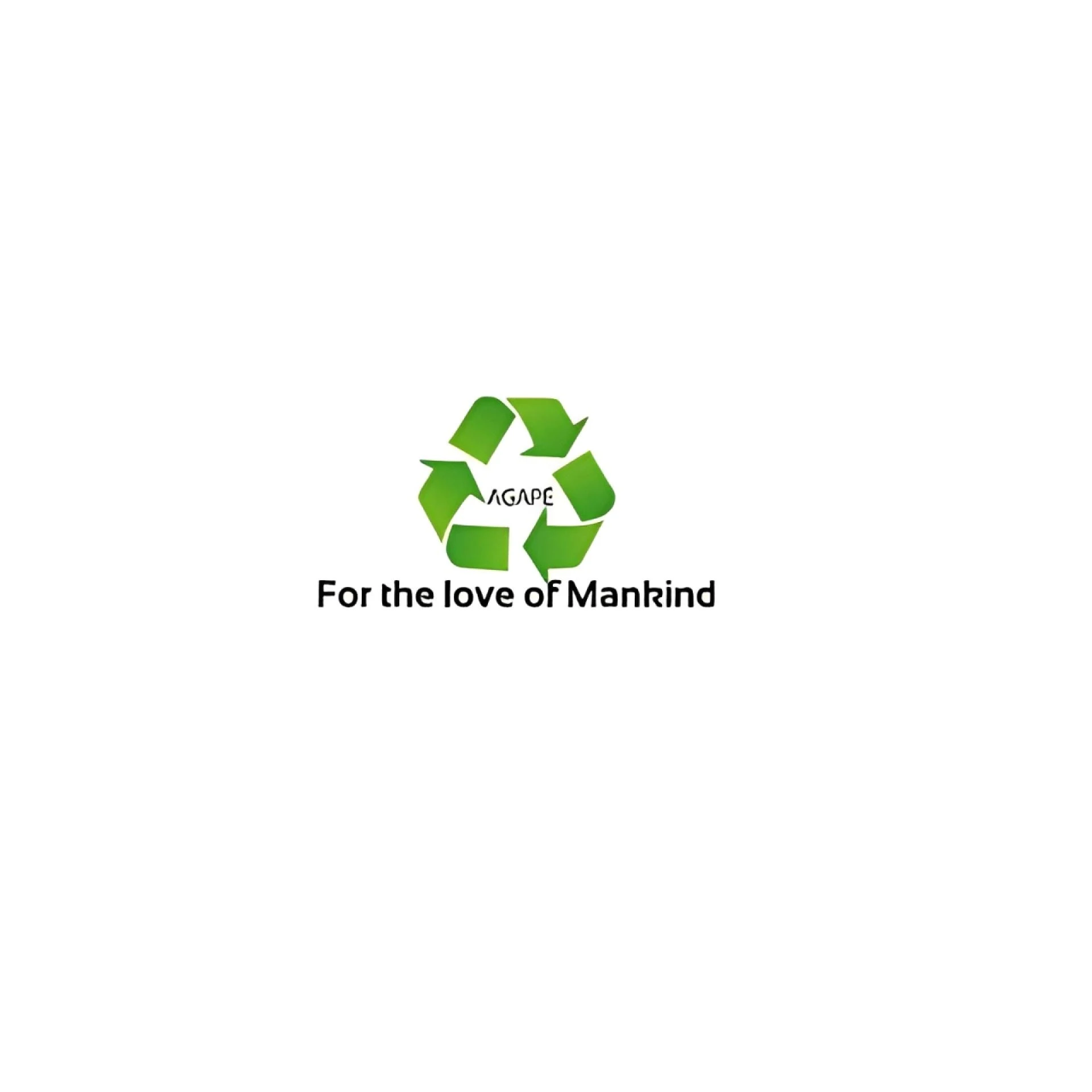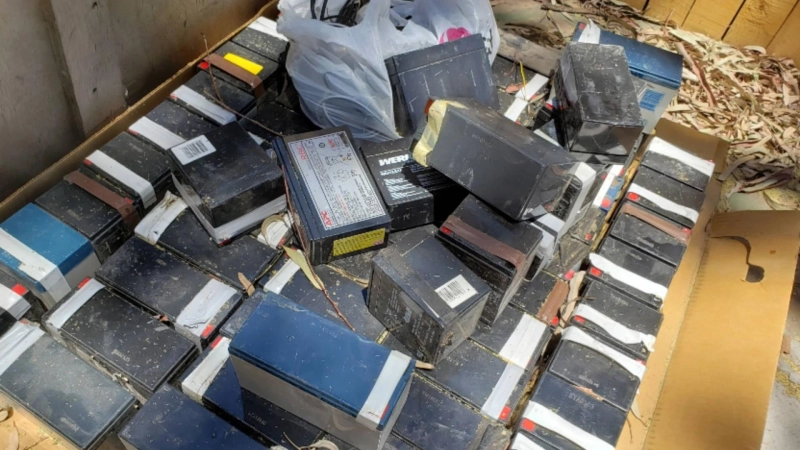I was standing in line at a small Scottsdale coffee shop, watching a man unwrap a brand new phone. He cradled it like a newborn, joking with his friend about cases and screen protectors. Ten feet away, a woman shuffled through a paper bag and produced an old flip phone, its keypad sticky from a dozen grocery runs. She shrugged, and said she would “deal with it later.” That brief scene stuck with me. It felt ordinary, and it felt urgent.
When we treat electronics casually, they do not simply vanish. They migrate. They sit in closets, then municipal trucks, then landfills, or they get bundled into shipments that cross oceans. And along the way, the human costs pile up, in ways most of us never see.
The Quiet Hazard, Seen Up Close
I toured a local recycling hub last year and still remember the smell: oil, warmed plastic, and the faint metallic tang of solder. Workers moved deliberately, sorting motherboards, unplugging batteries, bagging cords by type. It was repetitive work, often done without much fanfare, but it mattered. A single cracked phone, thrown into a landfill, can slowly release lead and mercury into groundwater. A stockpile of old batteries can spark a fire. The hazards are slow, cumulative, and unfairly distributed, because low-income communities or informal workers often shoulder the worst of the exposure.
This is why scottsdale electronics recycling is not a feel-good civic checkbox. It is a local health measure, an act of care for neighborhoods and families.
Treasure, Not Trash
There is another side to the story, one that surprises people when they hear it in plain language. Inside every laptop and every phone are tiny quantities of valuable materials: copper wiring, small amounts of gold, palladium on circuit boards, rare earth elements in magnets and chips. These are not fantasy minerals. They are the actual inputs that keep our devices running.
So when people ask me, “Why bother?” I tell them this simple thing. Throwing electronics away is like tossing a small stockpile of resources into a hole in the ground. Recovering those materials reduces the need for new mining, it lowers carbon footprint, and it can create value that is reinvested locally.
That is the practical promise of electronic recycling in Scottsdale, az, and why community programs matter.
Data, Dignity, and the Human Payoff
I keep returning to one conversation, with a teacher in north Scottsdale. She works with low-income families and told me about a student who could not keep up because their family had only one shared device. A local collection drive refurbished a handful of laptops, and that child suddenly had access to homework, tutoring, and after-school clubs. The device was small, maybe three years old, but the outcome lasted a lifetime.
Refurbishing devices, protecting personal data, and redirecting working gear to schools or nonprofits are what make recycling worth doing properly. It is not a sterile process. It is human, messy, and hopeful.
How Careless Disposal Unravels Systems
Careless disposal creates a series of failures. First, data risk. Many devices hold passwords, old tax records, personal photographs. If those drives are left intact, people face identity theft and privacy breaches months later. Second, environmental risk. Toxic leachate and informal dismantling create local pollution and unsafe labor conditions. Third, economic waste. Raw materials that could have been reclaimed and sold to support collection programs simply disappear.
Those failures compound in a region like ours, where density and consumption are high. Scottsdale can lead here, not because of grand gestures, but because it can make the small, reliable choices that scale.
What Good Scottsdale Electronics Recycling Looks Like
If you want a practical checklist for responsible action, it looks like this. First, choose a provider that documents chain of custody, so you know where items go. Second, insist on certified data destruction, so your old devices cannot become someone else’s problem. Third, prefer programs that prioritize refurbishment and donation before material recovery. Fourth, look for local drop-off or scheduled curbside events, they lower the friction of participation.
Cities and nonprofits that do this well do two simple things: they make recycling easy, and they make outcomes visible. You know where the device goes, and you can see who benefits.
Small Actions, Visible Ripples
Last spring, a neighborhood association organized a single day of collection. It took three volunteers, a municipal truck that loaned a trailer, and a local school that agreed to refurbish. They gathered dozens of old laptops and hundreds of chargers. The community ended up with a small lab of usable machines, and the rest went to certified processors. The neighborhood felt lighter afterward, not just physically but morally. People said they finally had a clear, reliable option. That feeling matters most.
The Takeaway
Careless disposal is not just a technical failure, it is a moral and civic one. When electronics are treated as disposable, the hidden costs pile up in people’s backyards and in the global supply chain. When we take responsibility, even in small ways, we close loops, protect privacy, and create opportunities.
If you live or work in Scottsdale, treat recycling as a neighborly act. Ask local providers about certification, ask schools if they accept donations, and bring devices to a verified scottsdale electronics recycling point rather than tossing them in the trash. If you want to read more about practical options, search for electronic recycling in Scottsdale, az, and you will find community drop-offs, municipal events, and certified centers that will handle your devices properly. Visit Us Agape Computer and Electronics Recycling
One cracked phone in a coffee shop won’t fix the system. But a thousand people who think twice before tossing their devices will shift the norms. That is how a city changes, one device at a time.


